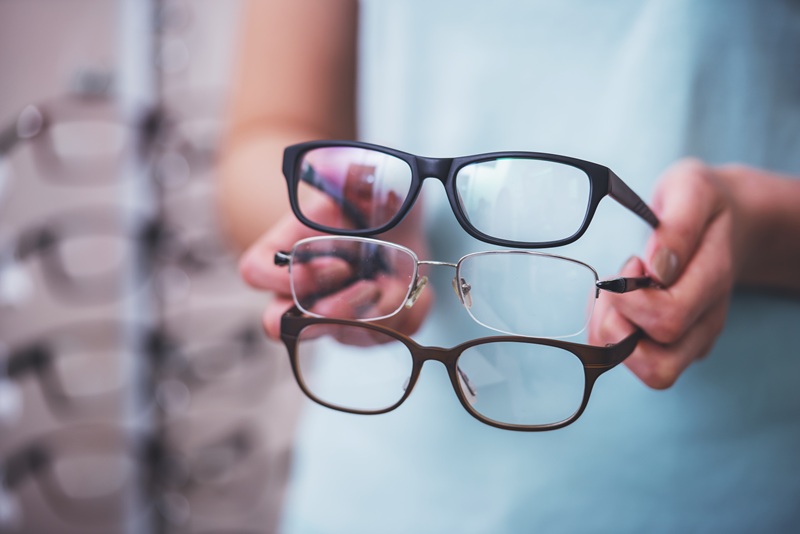Do you need glasses? Blurry vision, frequent headaches, and eye strain are common signs. If you struggle to read, experience double vision, or find it hard to focus on objects, it may be time for an eye exam. Visiting an optometrist can help diagnose vision problems early and provide the proper corrective lenses. Here’s everything you need to know about recognizing the signs and scheduling an appointment.
What are the common signs that you need glasses for?
Your eyes might be telling you that it’s time for glasses. Here are the most common symptoms:
1. Blurry Vision
- Are you struggling to read road signs or restaurant menus?
- Do objects up close or far away appear unclear?
- This could indicate nearsightedness (myopia) or farsightedness (hyperopia).
2. Frequent Headaches
- Do you experience headaches after reading or working on a screen?
- Eye strain from poor vision can cause tension headaches.
- Corrective lenses may help relieve this discomfort.
3. Eye Strain and Fatigue
- Feeling tired after short reading sessions?
- Rubbing your eyes often?
- Your eyes could be overworking to compensate for poor vision.
4. Difficulty Seeing at NightAre you struggling to see clearly while driving at night?
- Difficulty seeing at night may indicate nearsightedness or other vision problems.
5. Double Vision
- Seeing overlapping images?
- This could indicate an eye alignment issue or astigmatism.
6. Holding Books or Screens Too Close or Too Far
- Moving your phone or book closer or farther to see better?
- You may have presbyopia, a condition that affects near vision with age.
7. Squinting Frequently
- Squinting helps focus light on the retina.
- If you catch yourself squinting often, your vision might need correction.
When Should You Visit an Optometrist?
If you notice any of these symptoms, it’s time to book an eye exam. But even if you have no symptoms, regular checkups are essential.
Recommended Eye Exam Frequency
Children should have their first eye exam before starting school, then annually. Adults should get their vision checked at least every two years, while seniors should visit an optometrist every year.
Additional Reasons to See an Optometrist
- You have a family history of vision problems.
- You have diabetes, high blood pressure, or other health conditions that affect eyesight.
- You experience sudden changes in vision.
- You frequently experience dry, itchy, or irritated eyes.
How an Eye Exam Can Help
A thorough eye exam goes beyond determining if you need glasses. It helps identify early indicators of eye conditions such as:
- Glaucoma, which increases eye pressure and can lead to vision loss.
- Cataracts lead to a cloudy or opaque lens in the eye.
- Macular degeneration is a disorder that impacts the central part of the retina.
- Diabetic retinopathy is a diabetes-related condition that harms the eyes.
What to Expect During an Eye Exam?
During your visit, the optometrist will:
- Review your medical and vision history.
- Perform tests to check your eyesight and eye health.
- Use tools like a retinoscope to measure refractive errors.
- Recommend corrective lenses if necessary.
If glasses or contact lenses are needed, the optometrist will assist you in choosing the ideal choice based on your lifestyle and vision needs.
Take Action Today
If you’re experiencing any of the signs above, don’t wait. Arrange an eye exam appointment with a certified optometrist today and start your journey to better vision!
FAQs
Can I Fix My Vision Without Glasses?
While some vision exercises may help with eye strain, glasses or contact lenses are the best way to correct refractive errors like nearsightedness and farsightedness.
How Do I Know If My Child Needs Glasses?
Look for signs like squinting, sitting too close to the TV, or difficulty reading.
What Happens If I Ignore Vision Problems?
Ignoring symptoms can lead to worsening vision, eye strain, and even long-term complications.
Do I Need an Eye Exam If I Have No Symptoms?
Yes! Regular exams help detect problems before symptoms appear.



